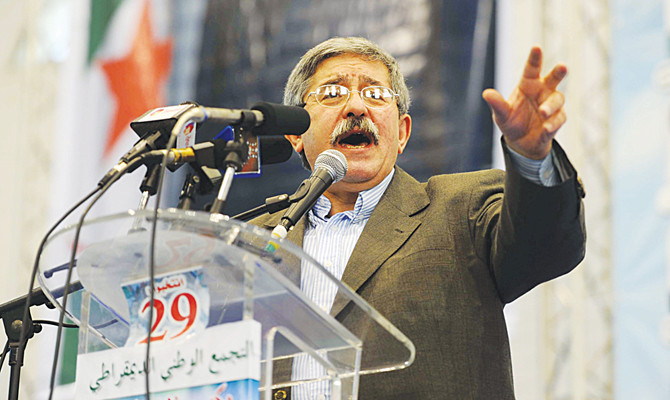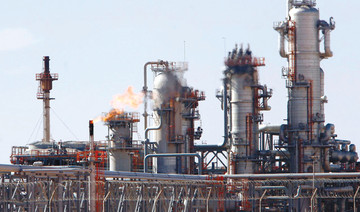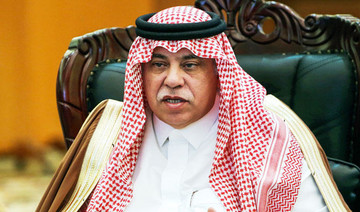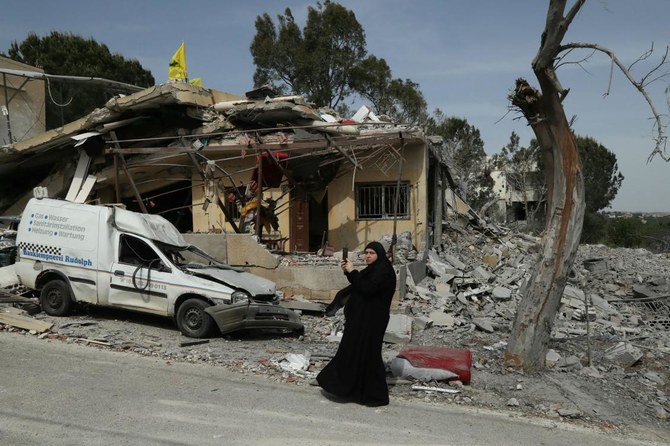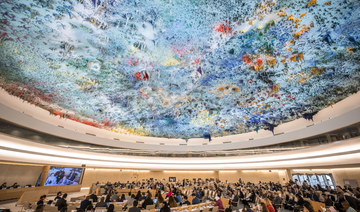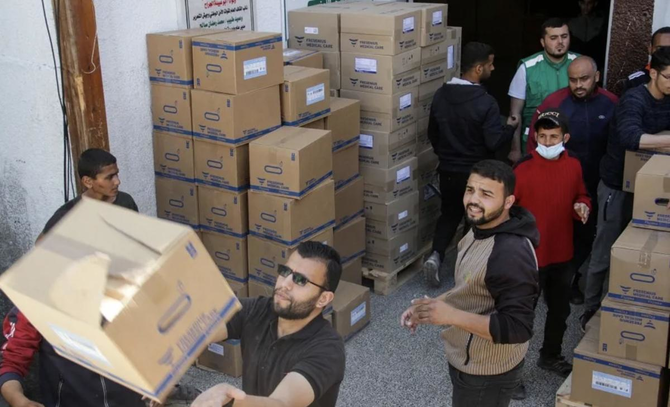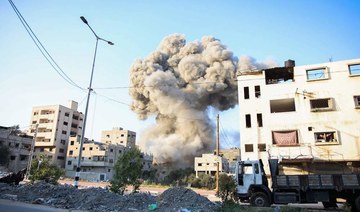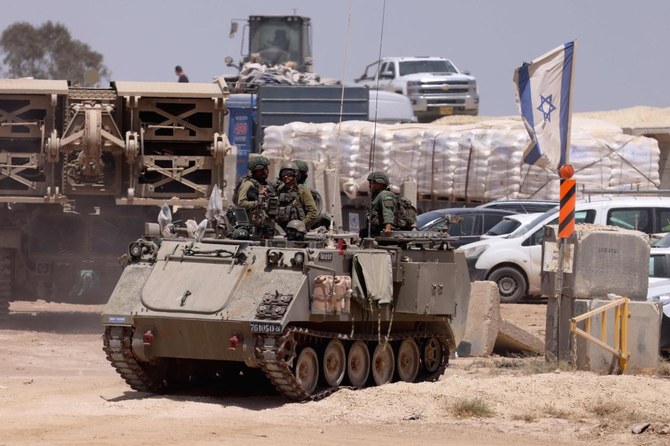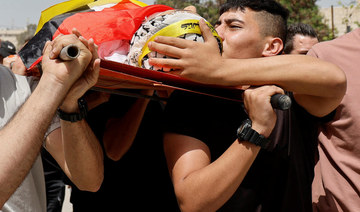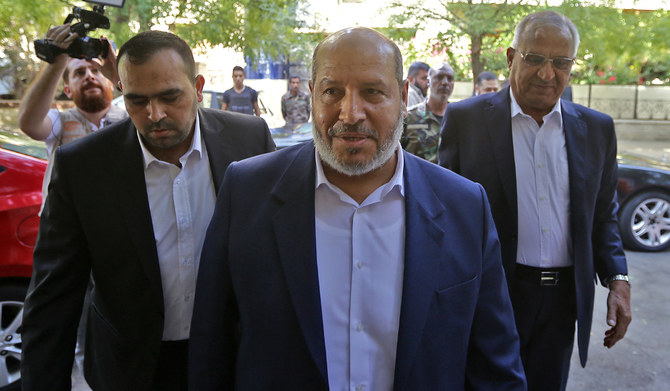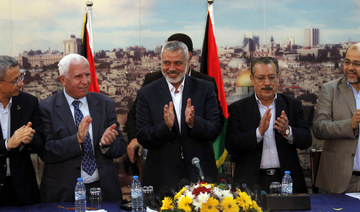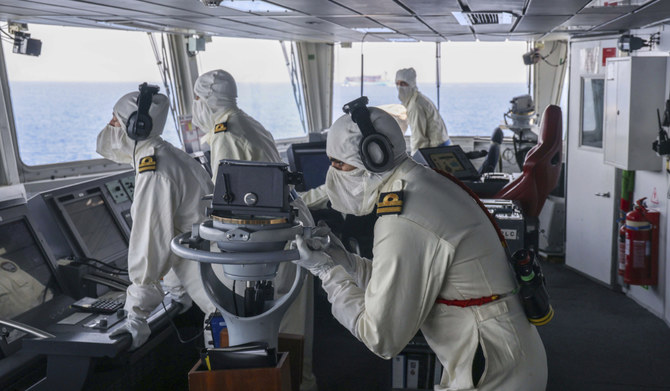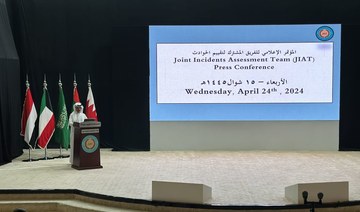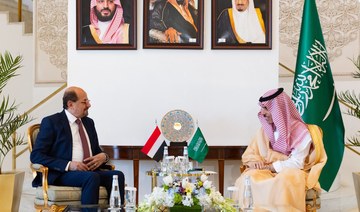Algerian President Abdelaziz Bouteflika named Ahmed Ouyahia, head of the Rassemblement National Democratique (RND), the second-largest party of Algeria and an ally of the National Liberation Front (FLN), as prime minister on Aug. 17, 2017.
The appointment of Ouyahia, who met Mohammed bin Salman on Monday during the Saudi crown prince’s two-day visit to Algeria, followed the departure of Ouyahia’s predecessor, Abdelmadjid Tebboune.
Tebboune was sacked after barely three months in office. Although the rumor mill was busy speculating about the reasons behind the sudden change, for Ouyahia the priority was clear — putting the Algerian economy back on track and continuing the reforms to diversify the economy away from its dependence on hydrocarbon, which still accounts for more than 60 percent of government revenues and half of GDP.
A close ally of Bouteflika, Ouyahia had been the head of his office since May 2014 before being asked to take charge as prime minister for his fourth term in the position that he first occupied more than two decades ago. Though considered to be a man of the establishment, Ouyahia is also known for his radical positions and his ability to stand his ground in the management of sensitive and priority issues, with a hands-on approach towards hard work.
Ouyahia is an old hand at managing economic crises. He was named head of the Liamine Zeroual government in 1995, when the country was faced with one of the harshest economic crises in its history. Ouyahia not only pulled Algeria back from the brink of bankruptcy, but also implemented a strict structural reform plan imposed by the International Monetary Fund as a condition of rescheduling the large external debt of Algeria.
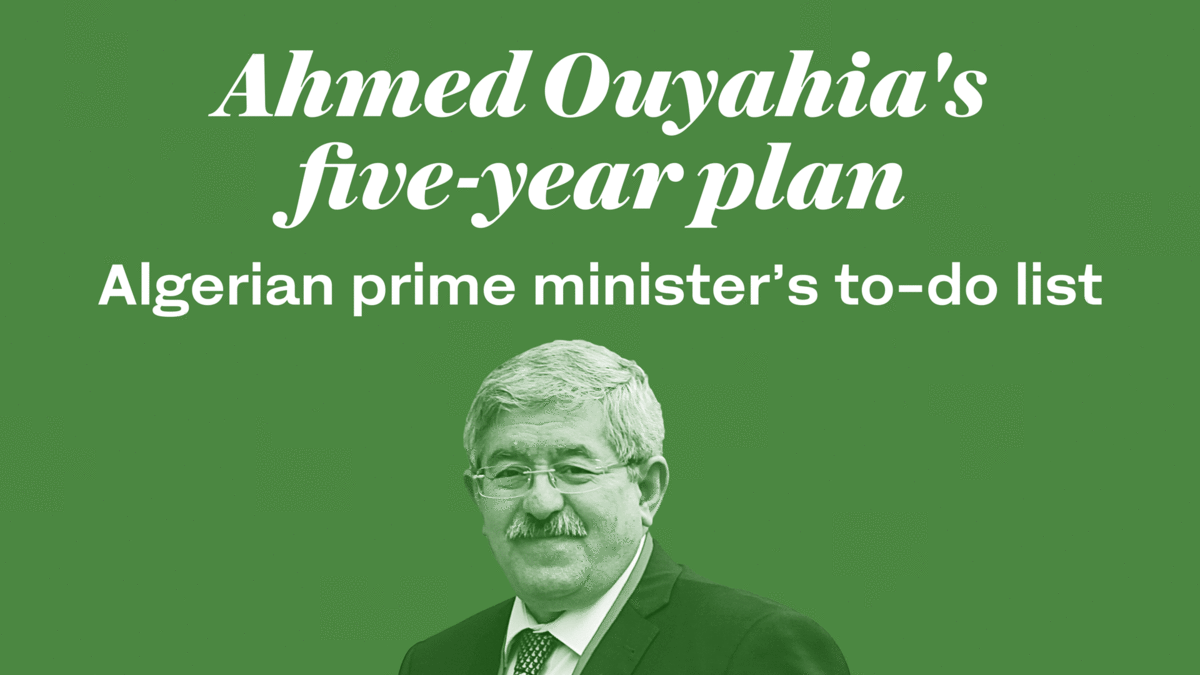
In the three years that he stayed on as prime minister, Ouyahia initiated several other austerity measures, including a cut in subsidies on basic commodities, which were not popular but necessary for preventing an economic meltdown. The measures did go a long way to boost Algeria’s fragile treasury. He went on to serve as the prime minister until 1998.
Almost five years later, in 2003, he was back as PM and again faced tough economic decisions. In 2006, he cracked down on striking teachers and refused to discuss any salary increase, boosting his image as the man to go to for handling tough situations.
So when his predecessor, Tebboune, was sacked, the Algerian president turned again to his ally to restore the national economy and bring a sense of order to the country. ‘‘He’s the right man to handle the situation the country is going through right now. Algeria does not need a complacent head of government, but rather a man who tries to save Algeria vis a vis its economic and security situation. The danger facing the country, in connection with the new world order that is emerging, requires a leader of his stature and who can execute the program that is needed for restoring calm in the economy and the society,’’ said Salima Benhouhou, a housewife and a mother, soon after Ouyahia’s appointment as prime minister.
When he took charge, Ouyahia acknowledged the challenges following a sharp decline in the country’s revenues and foreign exchange reserves, which had slumped from nearly $200 billion. The regional security situation, with the civil war in neighboring Libya and civic unrest in Tunisia, also weighed heavily on Algeria. ‘‘I hope to live up to this mission and the confidence that the president of the republic has given me to serve the Algerian people,’’ Ouyahia declared soon after his swearing-in ceremony.
Ouyahia lost no time in beginning to clean up the economy. He brought in presidential aides to occupy key ministries such as industry, trade and housing, with the objective of rapid implementation of his economic program. Within a week of taking charge, he held several meetings with directors of public institutions to ensure that the entire government machinery moved in the same direction together.
Ouyahia’s priorities include diversification of the national economy, facilitating the administrative processes to make doing business in Algeria easier as well as reforms in the education, higher education and health-care sectors. His roadmap also included mobilization of unconventional domestic financing and concrete actions by the government to promote growth in sectors such as agriculture, industry and tourism.
But the government was also reassuring Algerians that its moves were aimed at rationalizing public policy on social justice and national unity. ‘‘The government and its social and economic partners must set an example for our people through solidarity, mobilization and unification of ranks so that our country can invest constructively in the different capacities and potentialities of its children,’’ Bouteflika said recently.
For preparing the new monetary policy and the means for financing of the national economy, the prime minister called a meeting of the heads of public banks. In keeping with the wishes of the president and in view of the dramatic experience that Algeria had with out-of-control external debt in 1980s, Ouyahia also turned his back on using international debt markets to raise finances to help tide over budget and current account deficits.
Within days of taking over, Ouyahia presented a detailed plan for a recalibration of the Algerian economy by tackling declining forex reserves, rising unemployment and private-sector bankruptcies. It included prioritizing domestic production over imports, special incentives for investors and widespread development of economic zones with tax breaks for companies situated there.
Ouyahia’s plan included direct borrowing from the Algerian Central Bank to plug the bulging budgetary deficit, even as the country’s oil revenues have collapsed by nearly 40 percent since the highs of 2016. His five-year plan aims to balance the budget by 2022 and reverse a deficit that ballooned with the fall in global crude oil prices that also led to the country’s forex reserves slumping from about $178 billion to about $100 billion.
With domestic debt currently about 20 percent of gross domestic product, Algeria has room to take on additional borrowing, the IMF has said. The government also brought in a regime of strict import controls, thus managing to cut the current account deficit, a key factor in controlling inflation, stabilizing the currency and improving the economic stability of the country.
And Ouyahia continues his efforts to diversify the Algerian economy. Earlier this week, he announced the launch of the biggest industrial project in the country for more than a decade with the development of the phosphate complex in the eastern region of Algeria. The project is the outcome of a tripartite agreement between the state-owned Sonatrach, Algerian business group Asmidal-Manal and the Chinese investment firm Citic.
With an investment of more than $6 billion, besides fertilizers and other derivates of phosphate, the complex will produce natural gas and is expected to generate non-hydrocarbon revenues of more than $2 billion a year by that period. It will also create 3,000 direct and more than 14,000 indirect jobs, an important factor in a country with a large youth population.
With roughly 30 percent of the Algerian population aged between 15 and 29, this group also represents 72 percent of the unemployed, making Ouyahia’s plans look all the more vital for Algeria’s future.


